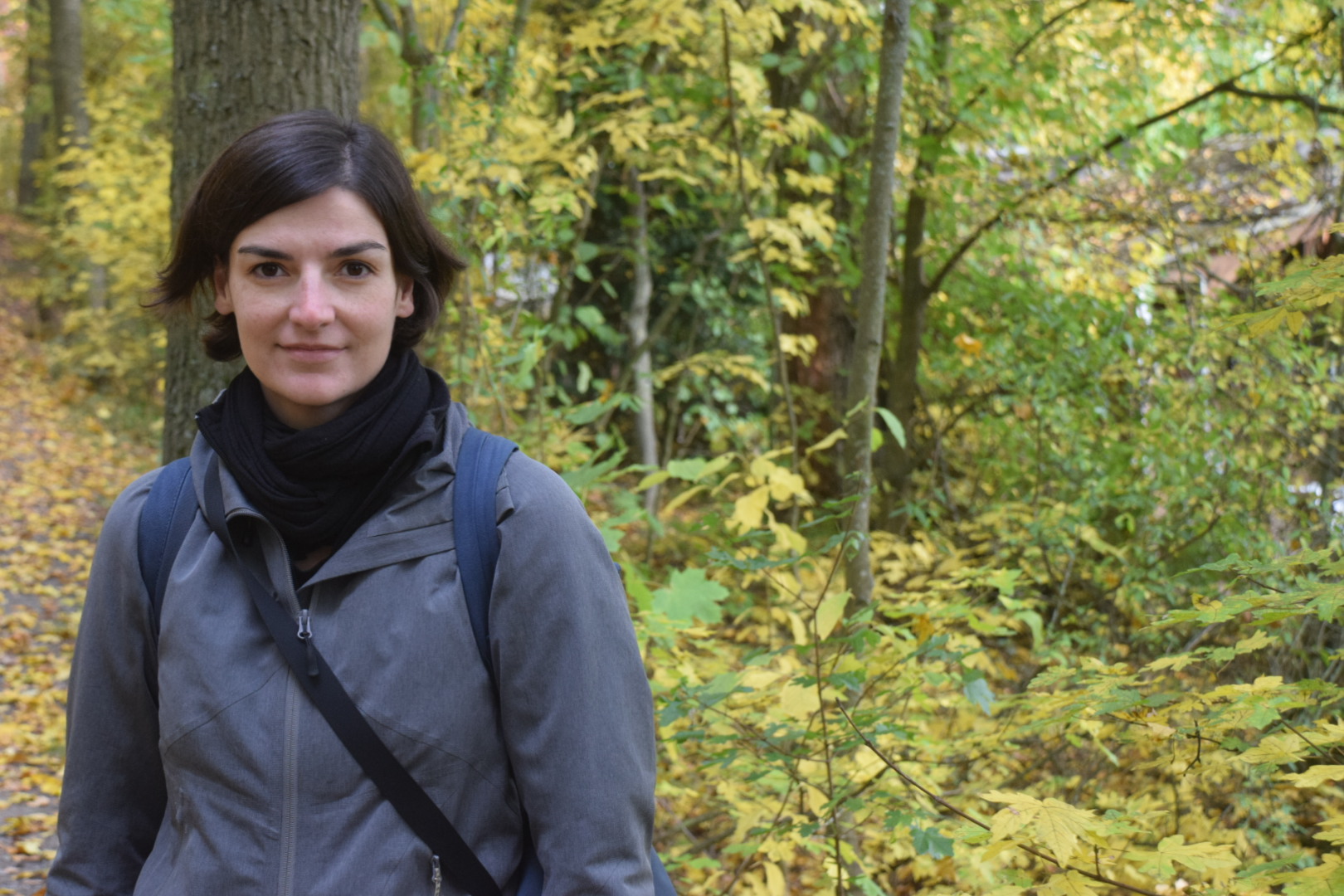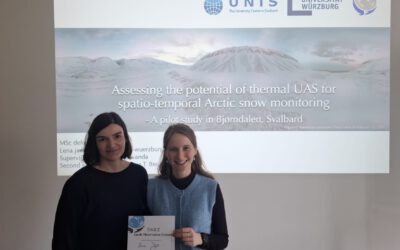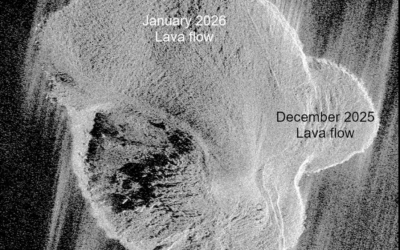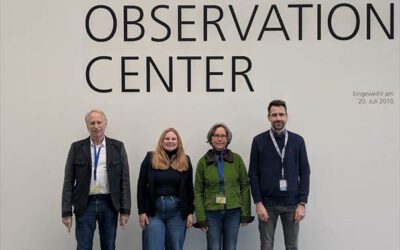The project team of WASCAL-DE-Coop at the Department of Remote Sensing is growing steadily: Last month, Dr. Mirjana Bevanda joined WASCAL-DE-Coop as PostDoc.
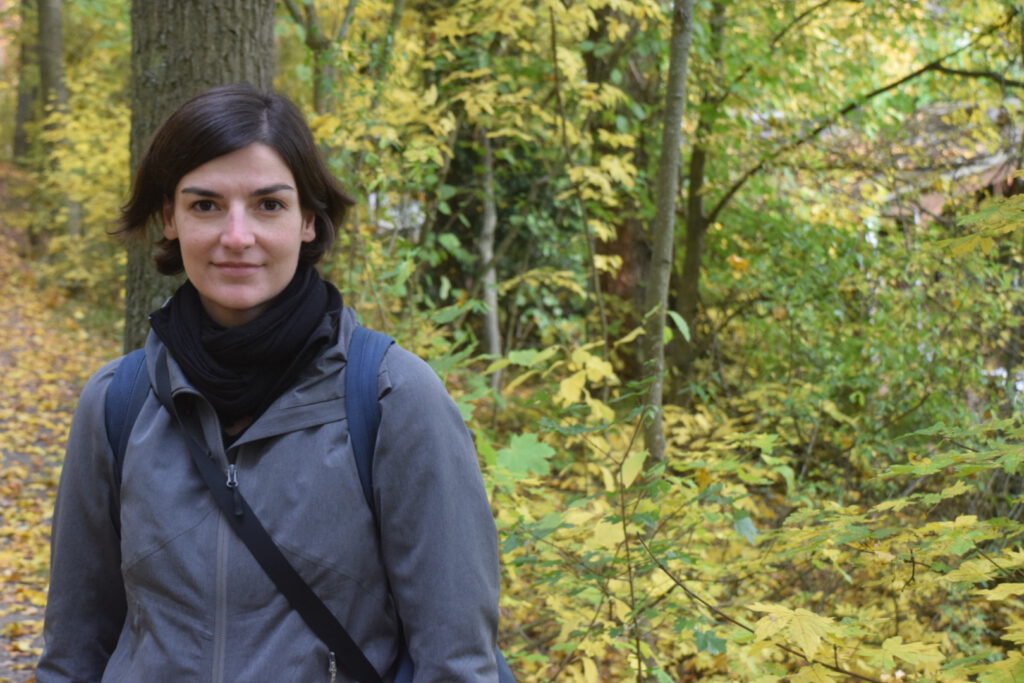
Before joining the department, Mirjana worked on various topics of spatial data analysis, ranging from landcover to animal-environment interactions. She studied biology (tropical biology and animal ecology) at the University of Marburg and the University of Würzburg and then went to Bayreuth to obtain a doctorate in animal movement patterns. Afterwards she worked at the Research Station at the University of Würzburg and was involved in projects focusing on spatio-temporal research.
Mirjana is very much interested in increasing the usage of spatial data analysis, especially GIS and remote sensing in biological applications and African countries.

